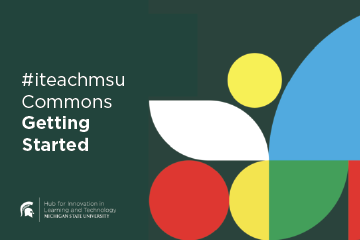We found 35 results that contain "information"
Posted on: #iteachmsu

Assessing Learning
Social media: Social media is a computer-based technology
Posted by:
Rupali Jagtap

Posted on 1: #iteachmsu

Social media: Social media is a computer-based technology
ASSESSING LEARNING
Posted by:
Rupali Jagtap

Posted on: #iteachmsu

Assessing Learning
Social networks
Posted by:
Rupali Jagtap

Posted on: #iteachmsu

Assessing Learning
computer network
Posted by:
Chathuri Super admin..

Posted on: #iteachmsu

Assessing Learning
Management Information System
Posted by:
Rupali Jagtap

Posted on: #iteachmsu

ADHD and School interventions
Posted by:
Chathuri Super admin..

Posted on 1: #iteachmsu

ADHD and School interventions
Posted by:
Chathuri Super admin..

Posted on: #iteachmsu

Supporting Rationale and Research
Posted by:
Chathuri Super admin..

Posted on 1: #iteachmsu

Supporting Rationale and Research
Posted by:
Chathuri Super admin..

Posted on: #iteachmsu

ADHD and School interventions
Posted by:
Chathuri Hewapathirana

Posted on 1: #iteachmsu

ADHD and School interventions
Posted by:
Chathuri Hewapathirana

Posted on: #iteachmsu

Assessing Learning
Agriculture
Posted by:
Chathuri Hewapathirana

